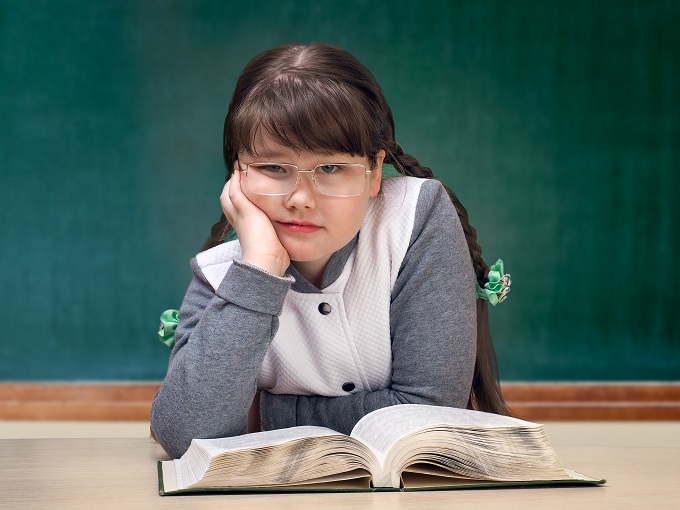
<h2>Primary school is the correct place to educate girls about periods and provide sanitary bins and pads, according to University of Otago researchers.</h2>
<p>For the first time, New Zealand has collected national level data on age of first menstruation, which has just been released from the 2014/5 NZ Health Survey (Ministry of Health).The survey included a specific question to female participants answering the Sexual and Reproductive Health Module about their age when they first started menstruating (having periods).</p>
<blockquote>
<p>“Previously we have not had formal data about what age NZ girls get their periods, and have had to extrapolate from small local studies and/or international data, which show variation between countries and do not reflect the NZ ethnic and socioeconomic context,” says Dr Sarah Donovan from the Department of Public Health at the University of Otago, Wellington.</p>
</blockquote>
<p>“These new data will allow us to make comparisons with international data, which indicate that globally the age of first periods is decreasing. The reasons for this are unclear, however it is suggested that it may be due to the impact of environmental toxins, and/or increasing body mass index (BMI) in young girls.”</p>
<blockquote>
<p>“Our analysis of the data shows that the average age of first period is roughly 13.2 years; this finding is in line with the findings of the Dunedin Multi-disciplinary Health and Development Study (drawing on a sample of 415 girls). However, while it is often assumed that girls usually get their periods at high school, the new findings confirm that this is not the case for nearly 50 per cent of New Zealand girls,” Dr Donovan says.</p>
</blockquote>
<p>“Most significantly, these new data about age at first menstruation <i>per school year </i>indicate that we need to target health education, resources and support to an even <i>younger </i>age group in order for NZ girls to be prepared to manage their periods without disruption to their schooling and without embarrassment,” Dr Donovan says.</p>
<h2>The analysis found:</h2>
<p>• Nationwide, around 11,700 girls – 4,150 in Year 7 and 7,550 in Year 8 – start menstruating during the intermediate school year.</p>
<p>• The researchers estimate that about 1,900 girls nationwide (6.3 per cent or one in 16 girls) start menstruating while of primary school age</p>
<p>• Nearly half of all girls (48.7 per cent) have started menstruation before they start secondary school.</p>
<p>These data show that across the country, about 14,000 girls each year are starting menstruation before high school (with more than expected at primary/intermediate age), suggesting that <i>primary school</i> is the correct place for in-school education about managing periods (including managing period pain, a very common issue).</p>
<blockquote>
<p>“Primary schools need to ensure that sanitary disposal units are provided in girls’ toilets,” Dr Donovan says.</p>
</blockquote>
<p><strong>Previously, the Ministry of Education has stated that it does not have a role in ensuring that schools provide sanitary disposal units and has no plans to require this.</strong></p>

EXCLUSIVE: Teachers used to be paid two to three times more than minimum wage workers,…
After an “overwhelming” vote to reject the latest Government offer, secondary school teachers will begin…
Second-language learning should be compulsory, says a new report from a forum bringing together academics,…
A new entitlement aimed to improve access to learning support coordinators for schools with students…
Educators have raised questions about the Ministry of Education’s new secondary school subjects, set to…
Professional learning and development (PLD) for teachers needs to be higher impact for teachers and…
This website uses cookies.